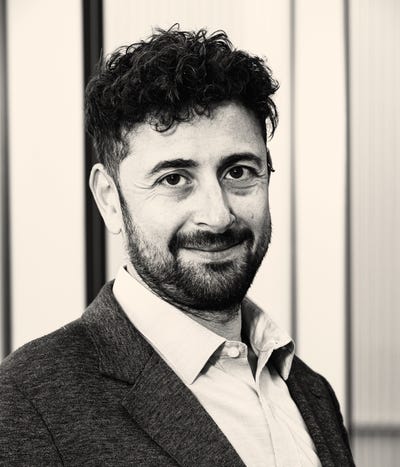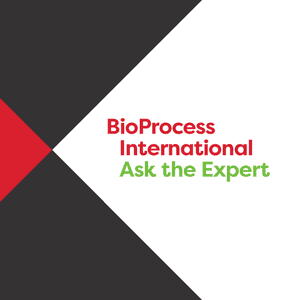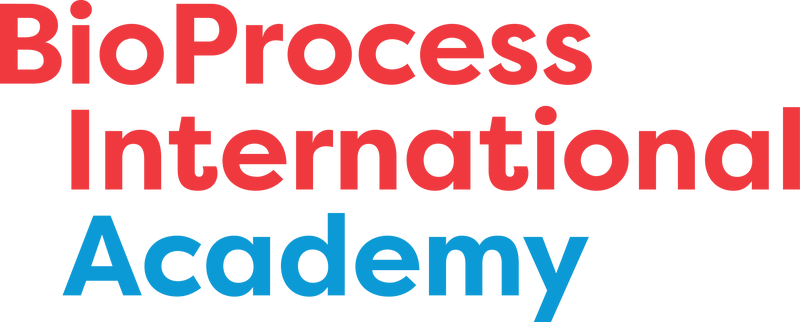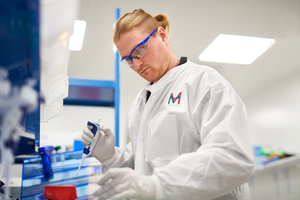Novo Holdings $16.5bn Catalent buy to boost fill-finish for Novo Nordisk
Investment firm Novo Holdings will take CDMO Catalent private and sell three of its drug product manufacturing facilities to its holding company Novo Nordisk.

The deal, expected to close towards the end of 2024, will see Novo Holdings – a holding and investment company responsible for managing the Novo Nordisk Foundation’s assets and wealth – acquire publicly-owned contract development and manufacturing organization (CDMO) Catalent for $63.50 per share in cash, representing $16.5 billion.
Kasim Kutay, CEO of Novo Holdings, described the deal as “a very good strategic fit” in a statement. “We are excited to partner with Catalent as it enters a new phase of growth and accelerates its mission to develop, manufacture and supply products that help people live better and healthier lives,” he said.
Speculation regarding an acquisition has been rife over the past year, with the likes of Danaher Corporation being among the interested parties. A potential deal became more likely when activist investor group Elliott Investment Management stepped up last August to turn around the fortunes of the CDMO. Catalent had been blighted by the post-pandemic slowdown, alleged financial mismanagement, and operational issues across its biomanufacturing network, including at its sites in Bloomington, Indiana and Brussels, Belgium.
As part of the arrangement announced today, Novo Holdings will sell the fill-finish facilities at Bloomington and Brussels, along with the Anagni, Italy drug product facility acquired from Bristol Myers Squibb in 2019, to Danish drugmaker Novo Nordisk for $11 billion.
The three sites employ over 3,000 people and all have ongoing collaborations with Novo Nordisk. Bloomington and Brussels have both been associated with Novo Nordisk’s diabetes blockbuster Ozempic (semuglatide) and weight loss drug Wegovy (also semuglatide).
Novo Nordisk CEO Lars Fruergaard Jørgensen said the acquisition “will enable us to serve significantly more people living with diabetes and obesity in the future” by complementing “the significant investments we are already doing in active pharmaceutical ingredients facilities.”
The firm has invested heavily in its capacity to produce semuglatide and other glucagon-like peptide-1 (GLP-1) drugs. Plans are underway to pump over Danish Krone (DK) 42 billion ($6.05 billion) into its Kalundborg, Denmark site, while a further DK 16 billion ($2.3 billion) is being invested in Chartres, France.
For the full year 2023, Ozempic contributed DK 95 billion ($13.7 billion) to Novo Nordisk’s topline, while Wegovy brought in a further DK 31 billion ($4.5 billion).
About the Author(s)
You May Also Like







